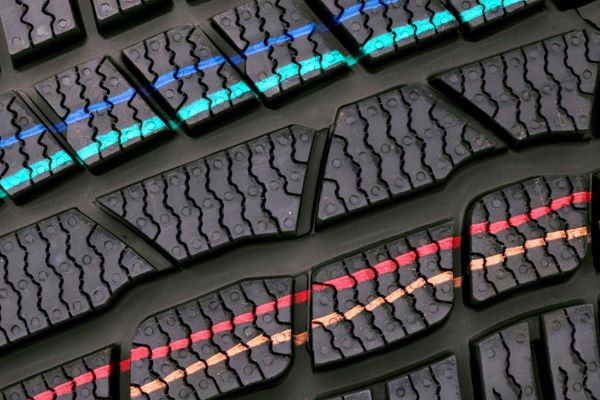Sustainable rubber chemicals from LANXESS enable tire manufacturers to reduce their environmental footprint

Specialty chemicals company LANXESS will be presenting its comprehensive range of additives and solutions for the tire industry at Tire Technology Expo 2024 in Hanover, Germany. From March 19 to 21, the company will demonstrate how tire manufacturers can reduce their ecological footprint during production as well as that of the end product.
This year, sustainable rubber chemistry from LANXESS will be showcased under the motto “Less is more”. Dr. Dietmar Hoff, Global Head of Auxiliaries at LANXESS’ Rhein Chemie business unit (RCH), says: “The concept emphasizes that the more LANXESS products are introduced into manufacturing processes, the less resources and cleaning are required.”
In order to meet the sustainability targets of the tire manufacturers – namely, to produce completely “green” tires by 2050 – LANXESS offers the first sustainable antidegradant for rubber compounds. Over 50 percent of the contents of the additive TMQ will be based on sustainable raw materials. In the case of TMQ, ISCC Plus certification (International Sustainability & Carbon Certification) demonstrates that the criteria for reliable balancing are met and correctly applied. The facility at the production plant in Brunsbuettel, where LANXESS produces the antidegradant, will be certified within the year 2024. This means that tire manufacturers can use the sustainable TMQ variant, which is fully equivalent to its conventional counterpart in terms of its properties, without the need for fresh approval.
In rubber manufacturing, rubber sheets are dipped into “batch-off” liquids to prevent the sheets from sticking together when they are folded for storage. Rhenodiv BO-3300 Pearls is the state-of-the-art solution for a dust-free batch-off process which also minimizes the need for cleaning the production equipment.
In tire manufacturing, release agents ensure a smooth molding process. The process essentially involves placing the unvulcanized tire in the press, vulcanization, and then removing it from the press. To ensure the adhesion of sealing layers, noise-reducing foam and air pressure sensors, silicone release agent residue must be completely removed from tire’s inner surfaces using a laser or chemicals. With silicone-free products, these steps are cleaner and less disruptive. For processors, water-based, silicone-free Rhenodiv release agents from LANXESS therefore contribute to greater cost efficiency and sustainability.
Subscribe to our newsletter & stay updated.